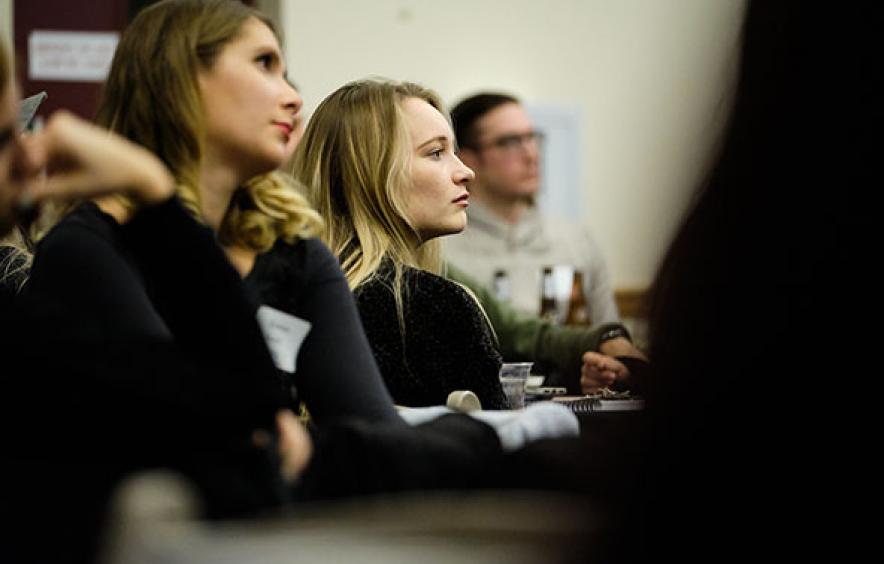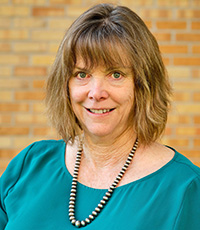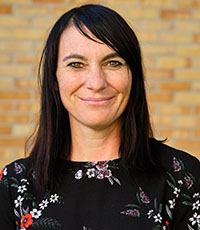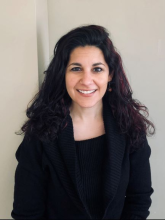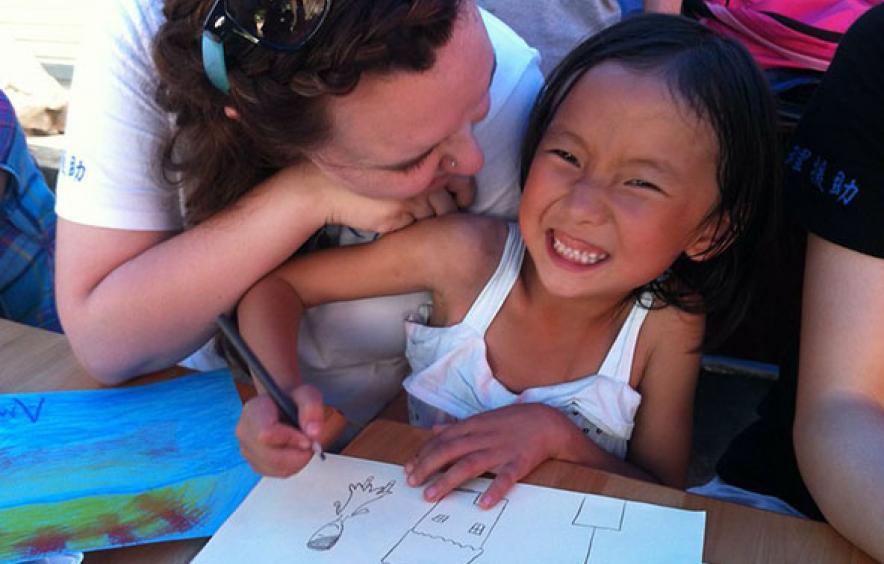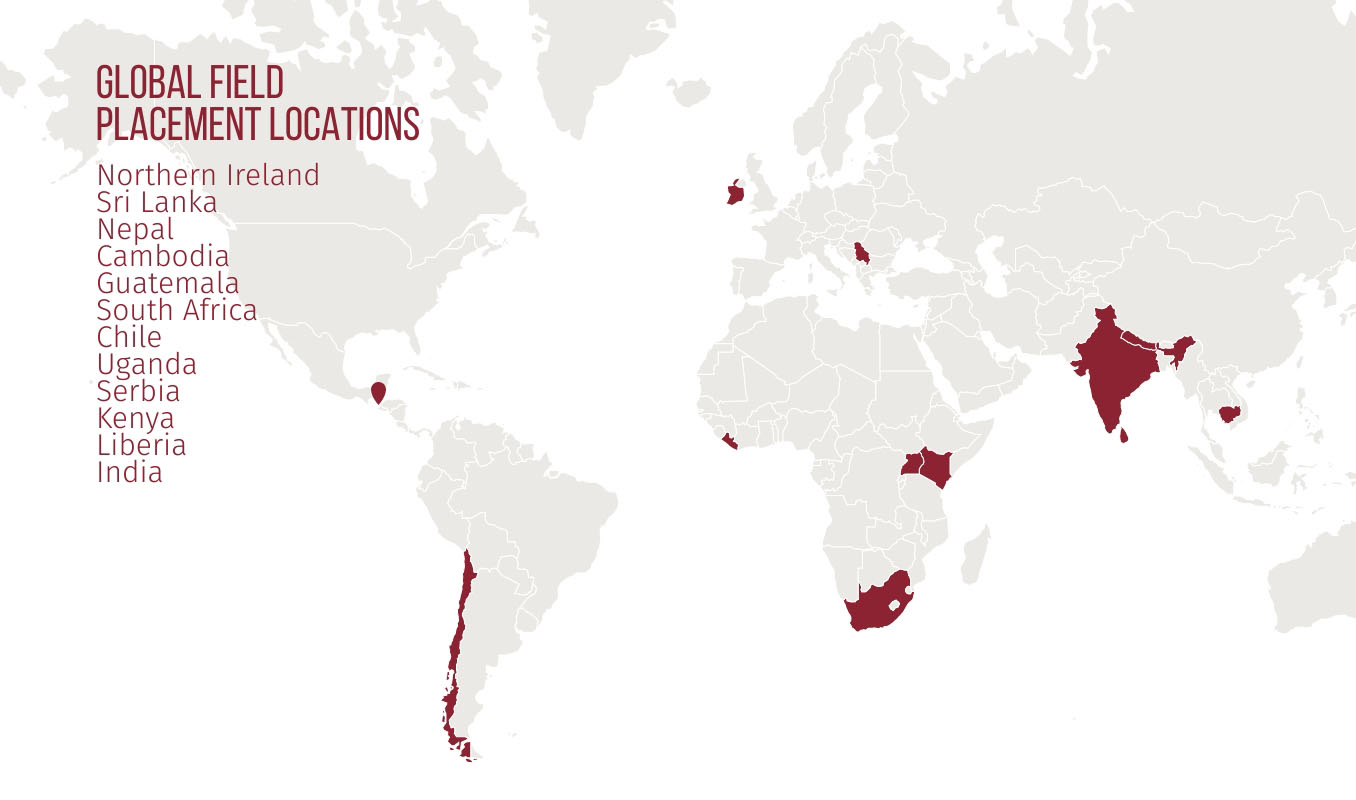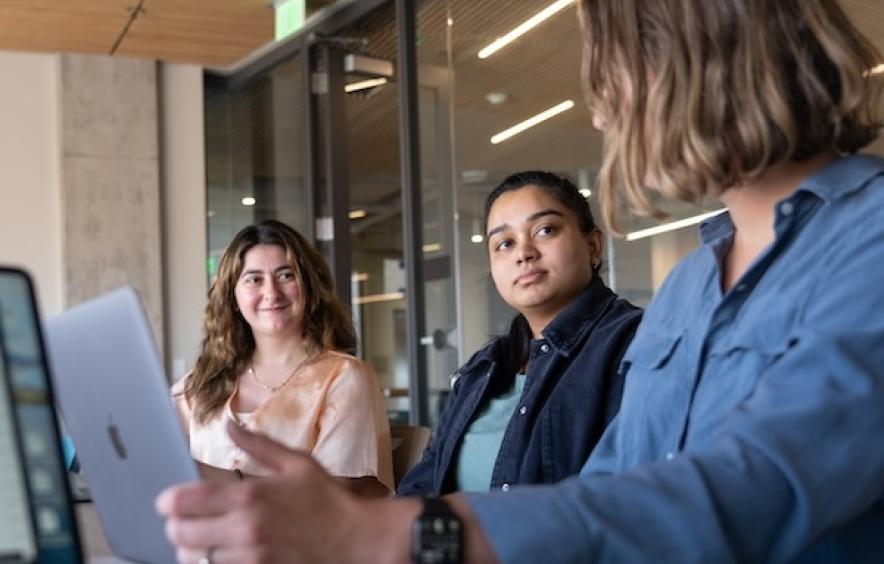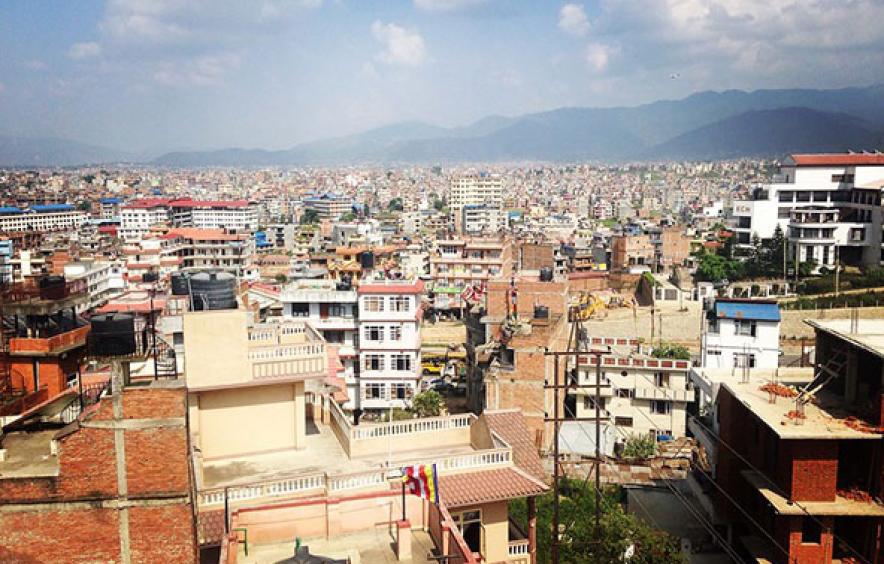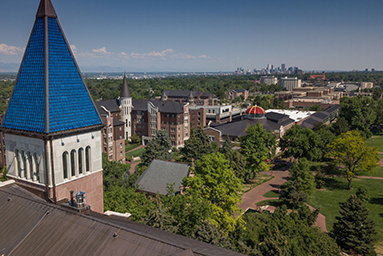MA International Disaster Psychology: Trauma and Global Mental Health
Program Overview
Click here to view a recording of the fall 2025 information session: Recorded Information Session
The Master of Arts in International Disaster Psychology: Trauma and Global Mental Health program trains graduate students who become highly competent and committed mental health professionals. In addition to providing master 's-level training in general clinical psychology, the program meets a clear need for specialized knowledge and experience to work in the trauma, disaster and global mental health fields. Our students provide mental health services, train and consult with agencies, develop emergency preparedness and response plans, and monitor and evaluate psychosocial interventions domestically and abroad. Students also develop a background in global mental health, a field that focuses on methods for increasing the mental health workforce in low-resource communities, addressing stigma regarding mental illness and mental health care, and expanding beyond treatment models that are based on a Western understanding of disease and recovery.
Our students and alumni go on to provide quality, culturally-informed care, domestically and worldwide. They work with individuals and communities who are affected by traumatic events, acute and chronic civil conflict, natural disasters, health-related pandemics, and longstanding socioeconomic disparities.
Our program is recognized for Innovative Graduate Training by both the American Psychological Association and the National Council of Schools in Professional Psychology and is the first master’s degree program of its kind in the nation.
Areas of Instruction & Training
Students take courses consistent with a Clinical Psychology Master’s Program, including:
- Ethics
- Clinical Interviewing
- Psychopathology & Diagnosis
- Lifespan Development
- Group Interventions
- Psychotherapeutic Models
- Substance Abuse
- Psychobiology
- Family Therapy
- Research Methods
- Statistics
- Multiculturalism and Diversity
In addition, students have specialized coursework in the following areas:
- Trauma interventions
- Disaster Mental Health
- Gender-Based violence
- Crisis intervention
- Grief and Loss
- Program Evaluation
- Global Mental Health
- Cross-Cultural Analysis
- Intercultural Practice
- Public Policy
- Assessment
Community Resources
Trauma & Disaster Recovery Clinic
Students provide clinical services to clients in the Trauma & Disaster Recovery Clinic at DU, which provides help to those affected by trauma including accidents, crime, abuse, natural disaster and refugee status. The TDRC offers comprehensive psychological services to alleviate the effects of traumatic experiences and foster resilience as well as personal, family, and community growth.
GSPP Clinics
